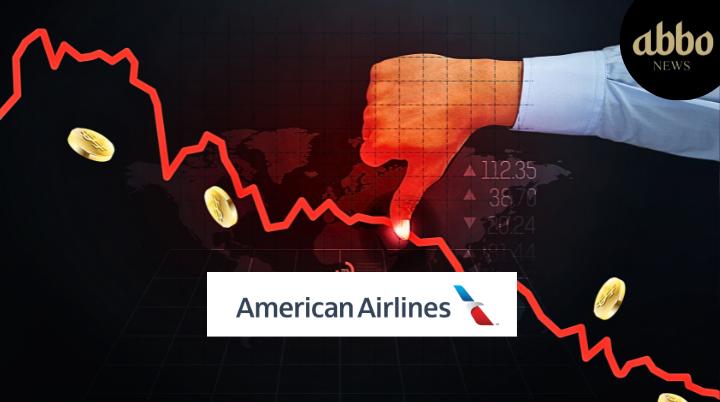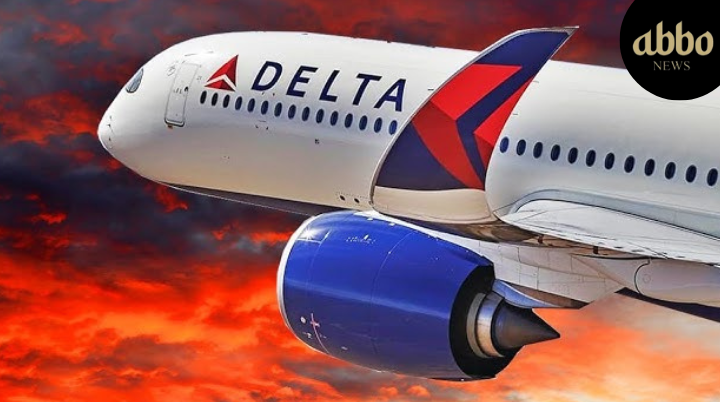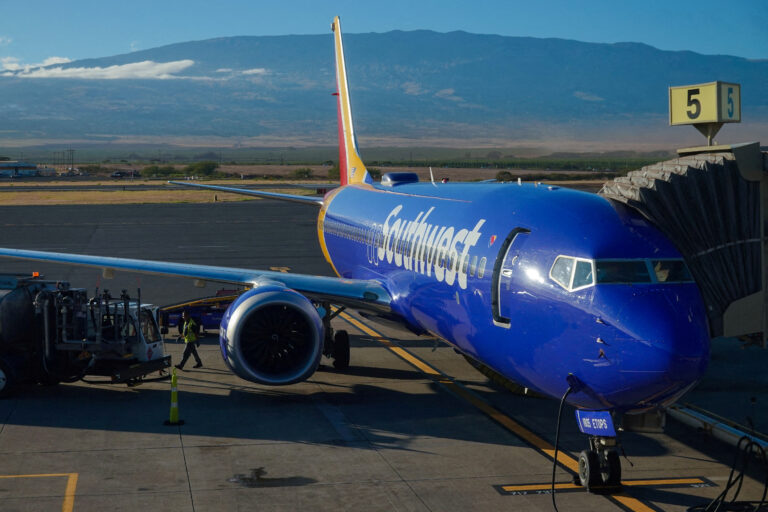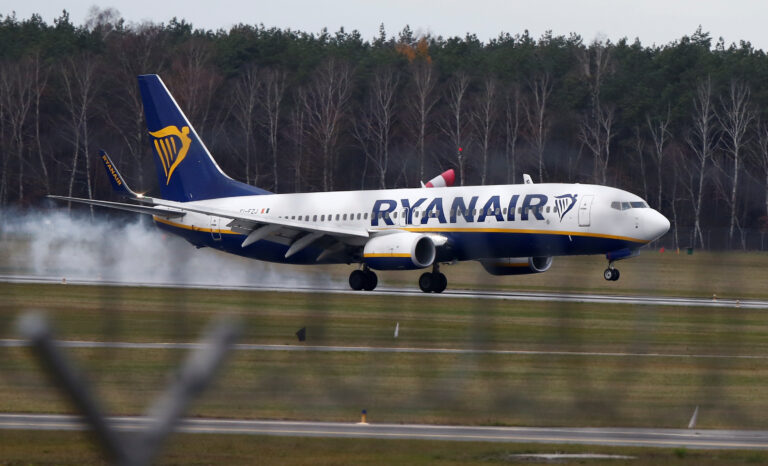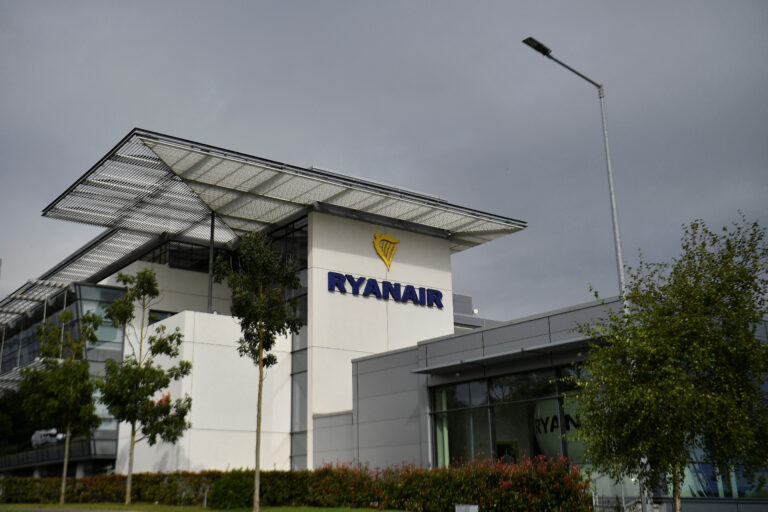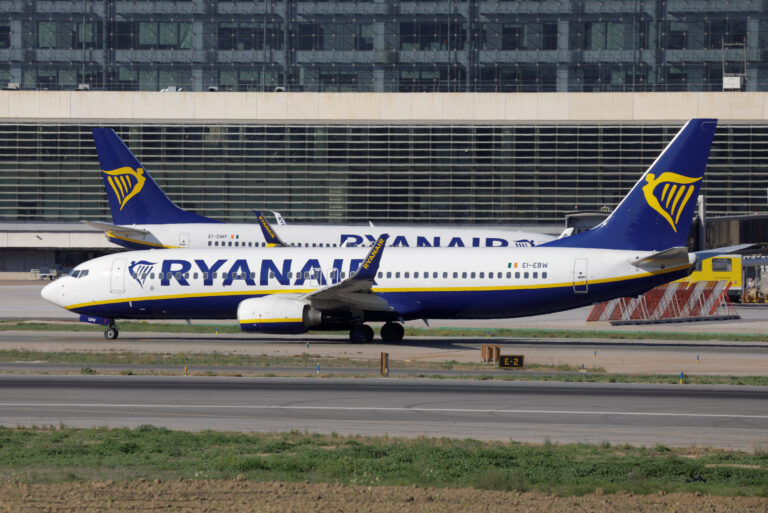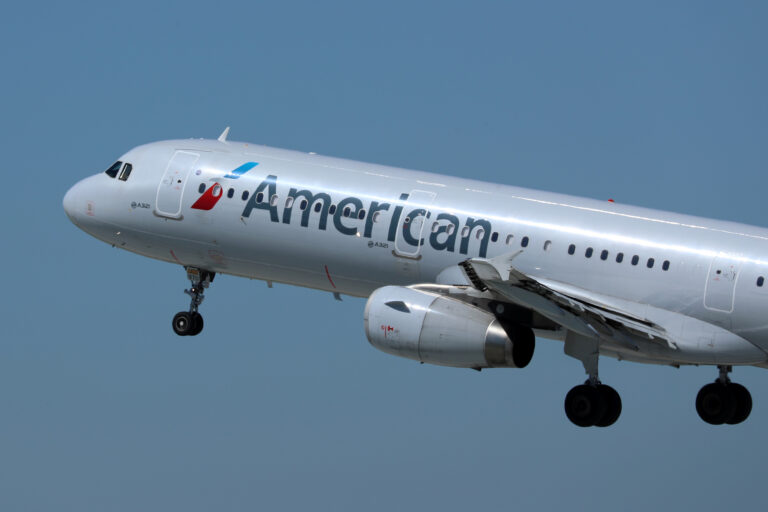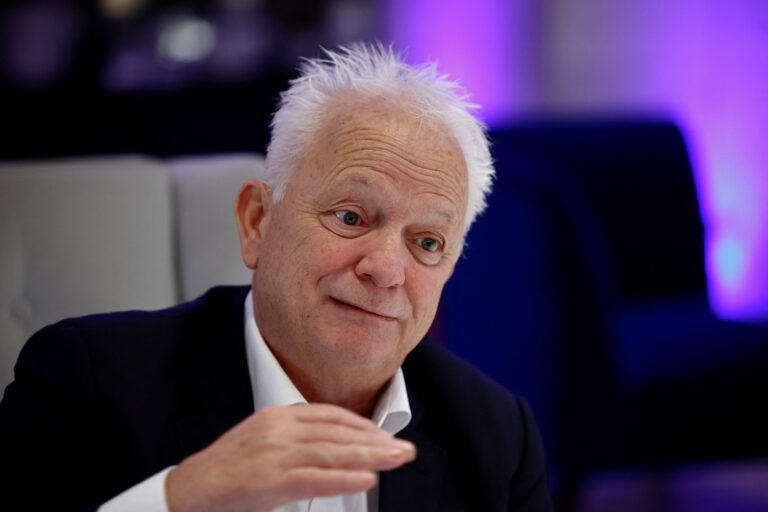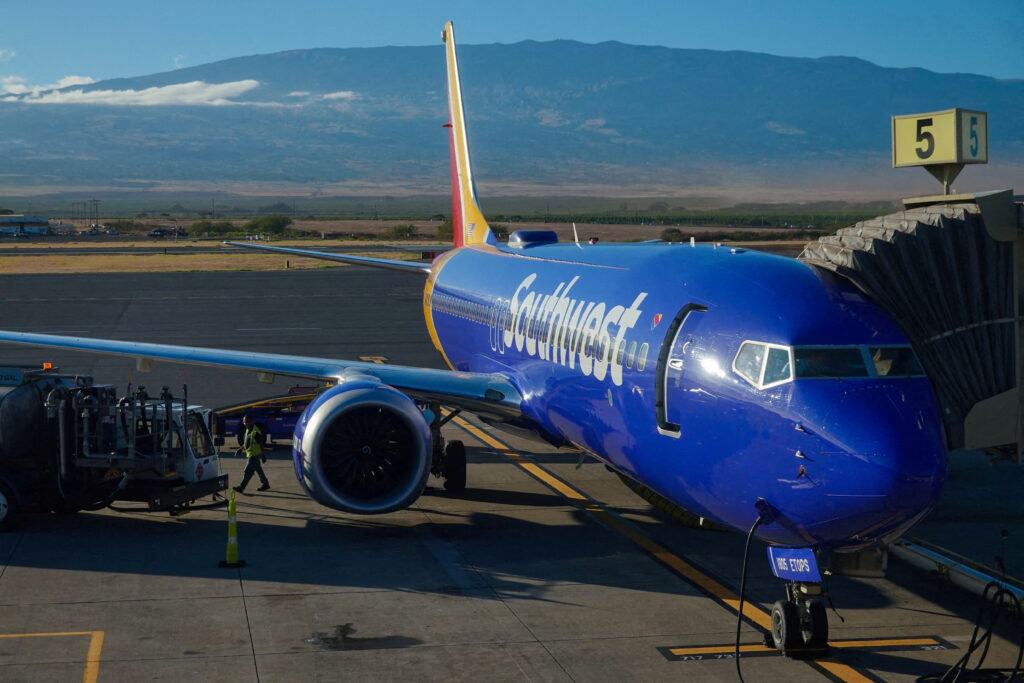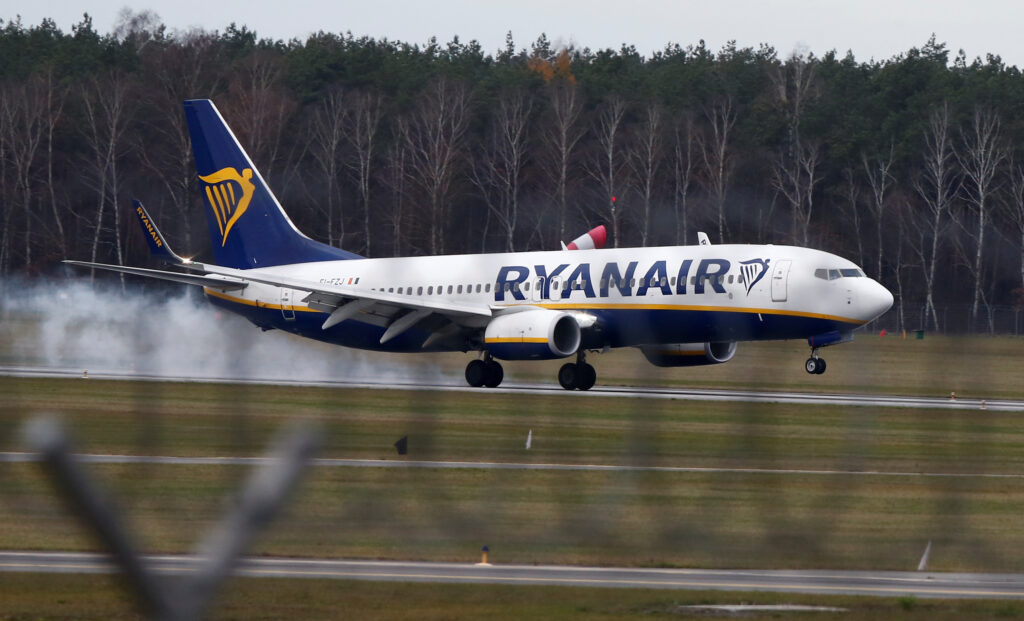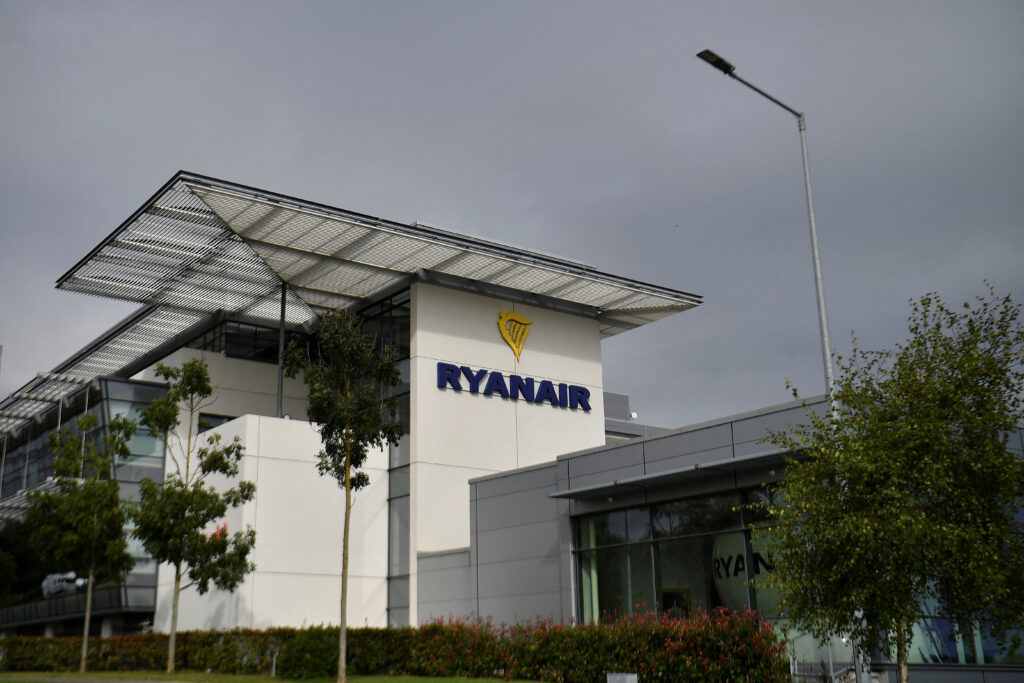ROME/ABU DHABI/LONDON – Ryanair (NASDAQ: RYAAY) has seen better momentum in bookings since last month and less need to cut prices, CEO Michael O’Leary told Reuters on Tuesday, adding that annual profit was likely to be slightly down on last year but remained “very strong”.
His comments provided reassurance after a tough few months for the industry. Shares in Ryanair (NASDAQ: RYAAY) spiked higher, boosting rival European airline groups including easyJet, ICAG, the owner of British Airways, Air France-KLM, and Lufthansa.
“We think we are past the worst of the ‘fare scare’ which hit European airlines this summer, given the upward trend in European macro indicators,” said RBC analyst Ruairi Cullinane.
Other smaller European airlines have reported either slower price growth or flat ticket prices as the post-pandemic travel boom faded and settled into something more akin to regular demand.
Ryanair shares slumped in July after it reported ticket prices had seen annual falls of 15% in the three months to the end of June, heightening fears of a weak summer for Europe’s airlines. Prices will likely be down 5-9% in the three months to the end of September from the same period last year, O’Leary said, with signs of improvement in recent weeks.
“We were having to discount heavily to hit our load factor objectives. I think, from about August onwards… there’s a better momentum of bookings, we’re having to discount less,” O’Leary said, adding that smaller discounts are expected until November.
O’Leary said the Irish carrier was producing “very strong profits” but conceded they “could be slightly down this year against the prior year” despite traffic being up 8%.
AIRLINE PRICES NORMALIZE
Other carriers said they saw a slight impact on prices as travel demand stabilizes but have not been affected as dramatically as Ryanair.
Latvian carrier AirBaltic, a rival to Ryanair, said that its ticket prices had also gone down, but that in turn its bookings had risen, meaning revenue wasn’t impacted.
Airline shares have broadly been down in the last six months, with some short-sellers targeting airline stocks given the ongoing issues facing the sector.
Wizz Air, listed as one of the carrier’s targeted by short-sellers in a recent Hazeltree report, also said that its prices hadn’t been impacted as strongly, especially given the busy summer season.
“Summer is behind us – but we are still on positive territories year-on-year, or at least not on negative territory,” rival low-cost carrier Wizz Air’s CEO told Reuters on Monday.
BOEING TROUBLES CONTINUE
Ryanair (NASDAQ: RYAAY) is one of the few European carriers with a mostly Boeing fleet. This makes it particularly vulnerable to ongoing turbulence at the planemaker.
O’Leary cautioned that he was optimistic rather than confident that Boeing (NYSE: BA) would be able to deliver on time the airline’s next big aircraft order, the MAX 10.
Asked about a strike at planemaker Boeing which is involving more than 30,000 workers in the United States, he said he feared delays to deliveries, although he was confident an agreement to end it would be reached “in the next three or four weeks”.
Ryanair (NASDAQ: RYAAY), Europe’s largest by passenger numbers, already has 150 firm orders for the MAX 10, the largest jet in the 737 family, and options for 150 more, with the first deliveries due in 2027. He said Boeing told Ryanair that the MAX 10 was expected to get certified in the second half of 2025. This made him “optimistic but not confident” about the timing.
O’Leary said Ryanair was not interested in taking over slots that will be given up at Milan’s Linate airport to preserve competition following a planned tie-up between state-owned ITA Airways and Lufthansa. He made clear Ryanair wanted to achieve stronger growth at Milan’s main airport of Malpensa – further from the city – especially if EasyJet wanted to move more operations to Linate.
(Source: ReutersReuters)




